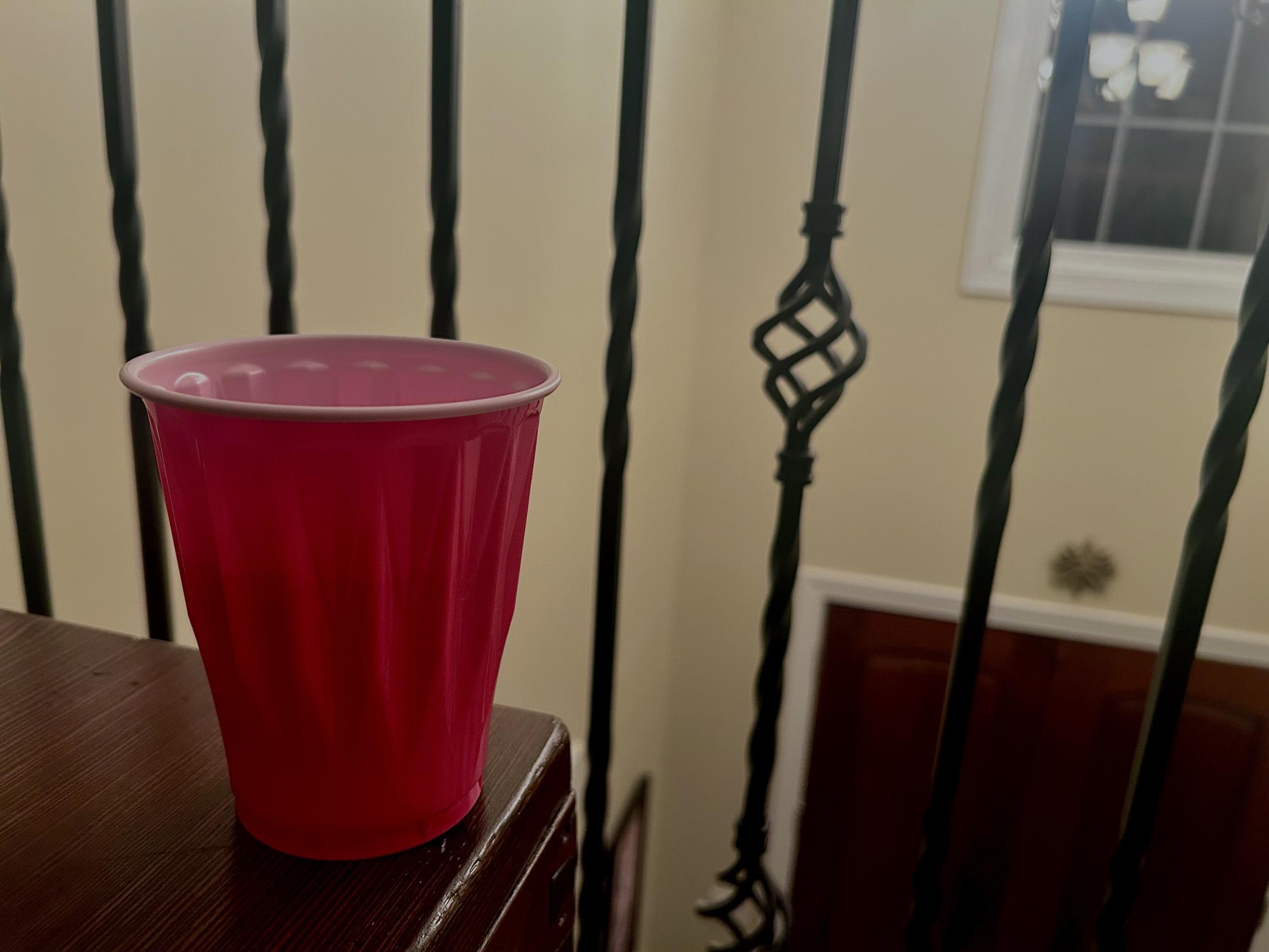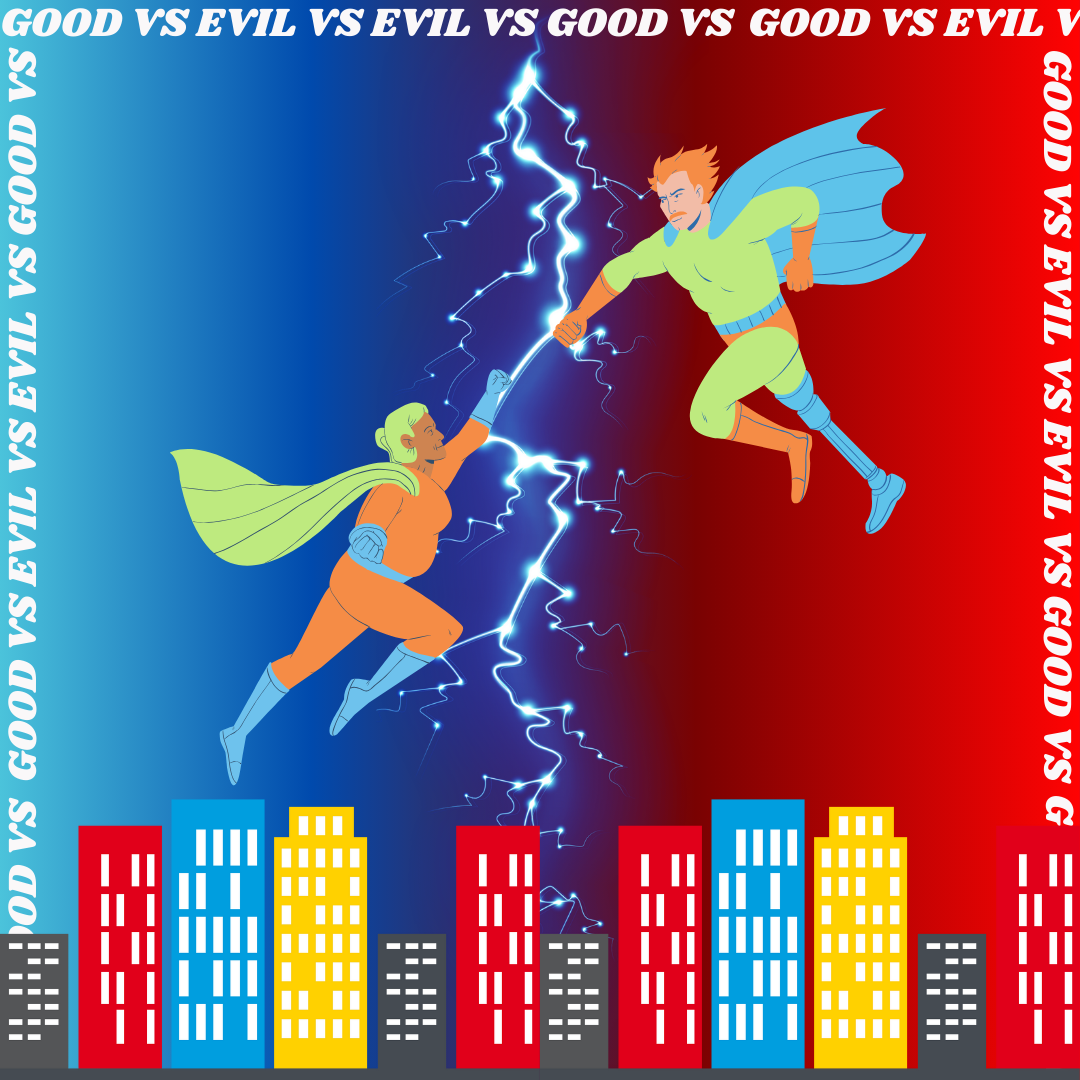College is a time filled with unknowns and uncertainties, such as separation from one’s family, living in a new location and meeting new people. Many students find comfort in Greek life, joining fraternities or sororities, to ensure relationships on campus. While these groups give people an outlet to create friendships, they elicit countless issues with safety and the social hierarchy on campus. The Greek system encourages excessive drinking, and hazing creating a divide between those who do and do not participate in Greek life.
While colleges have implemented guidelines for hazing, including North Carolina State University which has deemed it unlawful, oftentimes these rules go unnoticed in fraternities, leading to catastrophic consequences. A recent example is the death of college student, Michael Deng. He died pledging the fraternity Pi Delta Psi at Baruch College from severe contact with the “glass ceiling” ritual. He was tackled, knocked out and then hit violently by other members, resulting in his tragic death.
Greek life promotes a harmful culture on campus, undermining the personal and academic growth of students.
Faculty and staff on campus need to play a bigger role in protecting the safety of students, enforcing these regulations. This can be done through educating students, encouraging reporting and hiring fraternity advisors. Faculty can incorporate discussions on hazing into their curriculum or invite speakers who can share personal experiences. They can also emphasize to students the importance of reporting incidents to appropriate authorities. Having advisors regularly attend fraternity events can also help monitor students, and catch any signs of hazing or other inappropriate behavior before incidents occur.
Greek systems create a separation and social hierarchy amongst college students, specifically in sororities. Many teenagers and adults have seen videos of girls expressing intense emotions on “bid day,” the day when students find out if they are accepted into a sorority, and if so, which one they are accepted into. Girls that get denied often find themselves feeling excluded and unwanted. To some, this may seem like an irrational topic to be upset about, but the overall status of being a sorority member can define a girl’s placement and relationships on campus. These systems are altering the formation of natural relationships in college and are negatively affecting self-image.
There are many alternatives for a person to socially exert themselves at college. Rather than joining a complex group such as a fraternity or sorority, joining campus organizations and clubs can lead to even more relationships. Most colleges have a wide range of extracurriculars that cater to various hobbies. Through these non-problematic replacements, students can connect with like-minded individuals and participate in activities aligned with their interests. Students can also engage in community service, which is a fulfilling way to make friends while creating a positive impact.
Hazing in fraternities and the social hierarchy in sororities are pervasive issues that demand attention and action. Greek life promotes a harmful culture on campus, undermining the personal and academic growth of students. By addressing these concerns head-on, colleges can create a more inclusive environment that prioritizes the development and success of its scholars.









